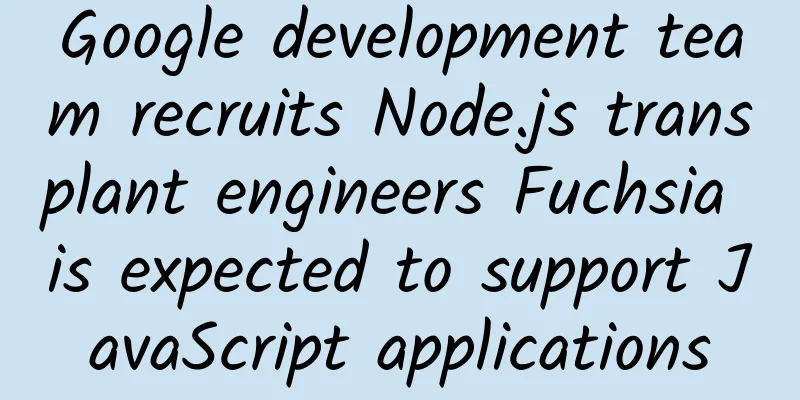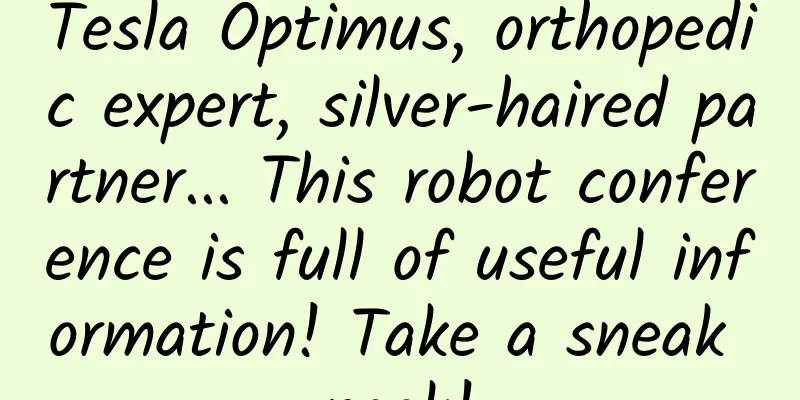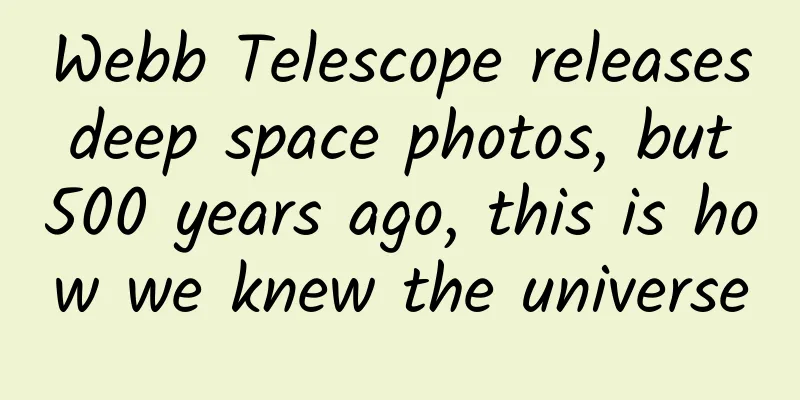Google development team recruits Node.js transplant engineers Fuchsia is expected to support JavaScript applications

|
Google's Fuchsia operating system, which has been secretly developed for three years, seems to be built specifically for mobile and desktop devices, with a real-time kernel and a unique interface. Previously, we already knew that Fuchsia would support programming languages such as Google Dart and Apple Swift. But now, JavaScript may also join the queue. Yesterday, Yang Guo from the Node.js project team tweeted that he was looking for a full-time software engineer to port Node.js to the Fuchsia operating system developed in the Google office in Munich, Germany. If you are not familiar with Node or JavaScript, here is a quick explanation:
It is said to be a popular way to create command-line tools and applications for servers, and Node.js is also a component in Electron.
***, if Fuchsia can provide deep support for the JavaScript language, the development of such applications will become easier. |
>>: Common performance optimization techniques in iOS development
Recommend
[Smart Farmers] Are all colorful fruits and vegetables genetically modified foods?
[Smart Farmers] Are all colorful fruits and veget...
8 ways Windows 10 will attract Mac OS X users
Not long ago, Microsoft executive Kevin Turner on...
How to deal with a website being attacked by Trojans? How to detect if a website is hacked?
As an SEO practitioner, optimizing the website to...
In 2023, Apple paid TSMC $17.52 billion, accounting for 25% of TSMC's total revenue.
Recently, according to media reports, in 2023, Ap...
Tmall responds to the fake number of reservations for Hammer smartphones: It was done by programmers
On October 12, Tmall, one of the online sales cha...
World Economic Forum: Europe in the Age of AI
The World Economic Forum has released its report,...
Facebook Vice President: Doing this will lead to 66666666
Editor's note: Caryn Marooney is Facebook'...
Haval's sales have dropped sharply, while the new brand WEY started strong but ended weak. Where is the turning point for Great Wall Motors?
Great Wall Motors' recent sales are not optim...
A famous singer has passed away! This type of cancer is usually discovered in the late stages, and it is dangerous if the waist circumference exceeds this number...
Cheng Zhi, a famous tenor singer and first-class ...
Is the universe starting to produce "raspberries"? In fact, it is a newly discovered supernova remnant! | Expo Daily
Is the universe starting to produce "raspber...
Is the battery consumption serious after upgrading to iOS 14.8? Share 10 iPhone power saving settings, applicable to all models
Hello again, I am Dawei. In addition to sharing t...
If we live long enough, will everyone eventually develop Alzheimer's?
November 26, 1901, Frankfurt, Germany. A young cl...
Five-minute technical talk | Solution for implementing APP intelligent voice interaction based on Speech framework
Part 01 Overview The system's speech framewor...
How to quickly increase the popularity of your live streaming room?
Live streaming has become a standard sales method...
No one can write good copy by piling up buzzwords!
I once wrote a sentence on the packaging of my fa...









